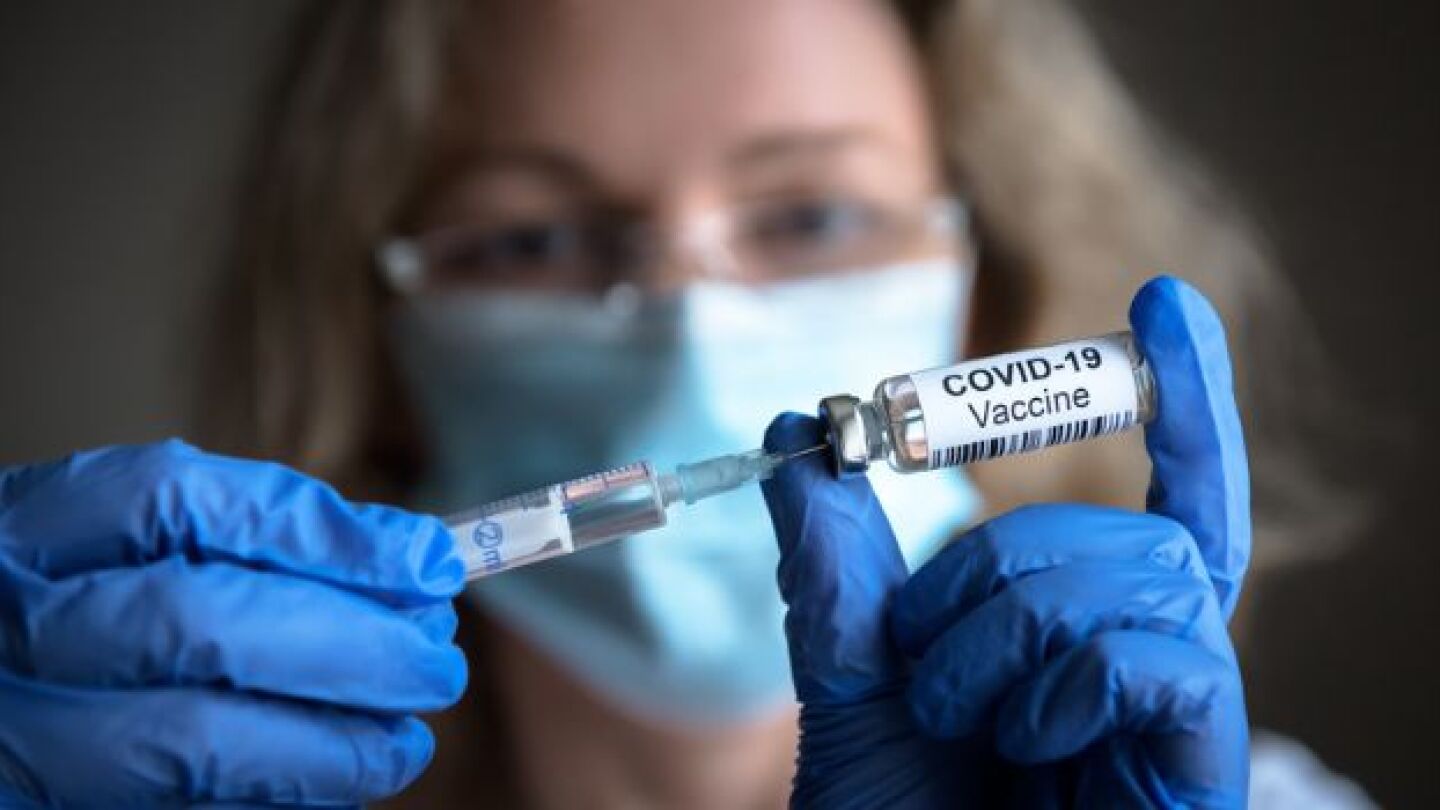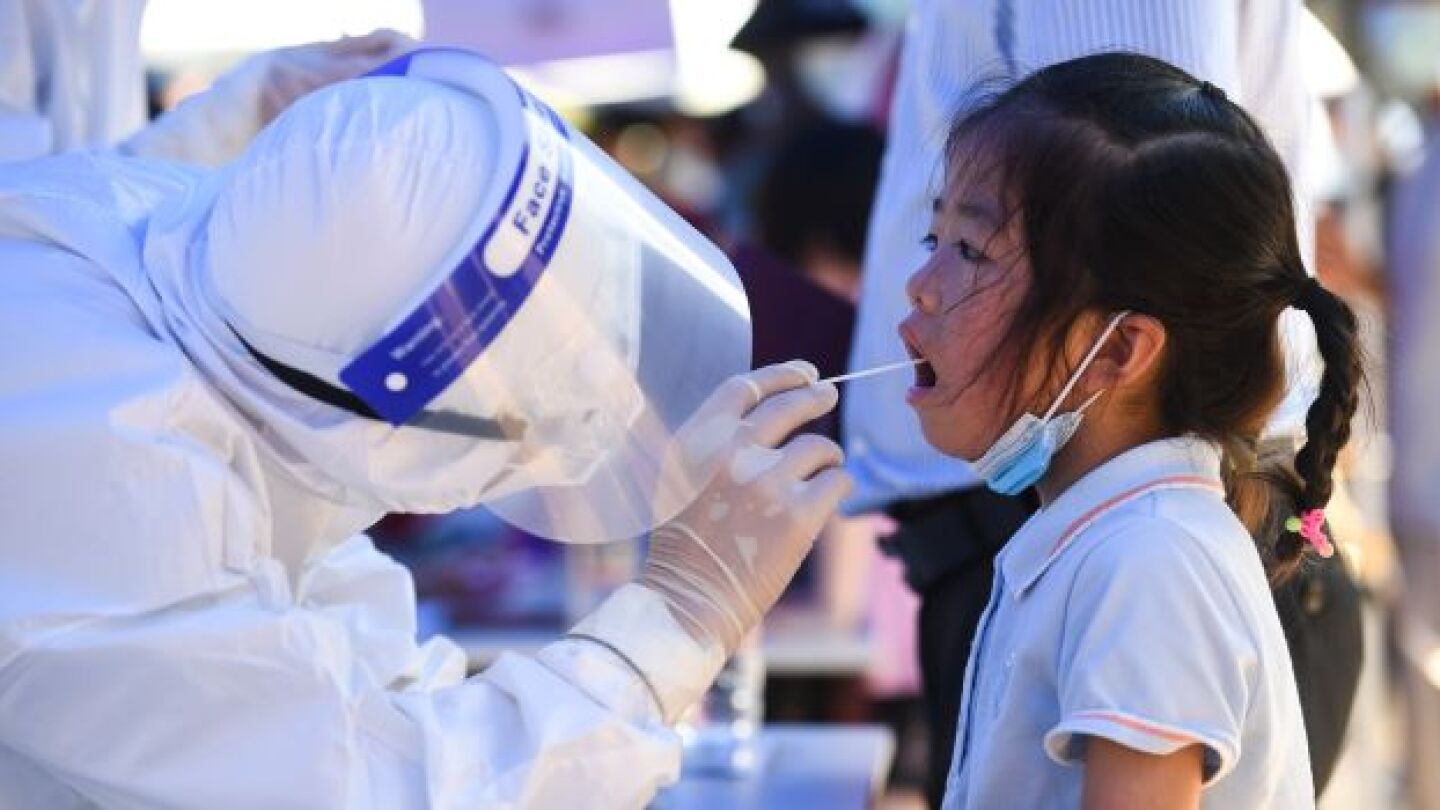Research institute
Researchers at Albert Einstein College of Medicine have cleverly developed a vaccine for pancreatic cancer by using the adaptive immunity already present in nearly all of the global population.
Study after study shows the disease comes with an increased risk of a number of health problems, including diabetes. One of the best ways to avoid those risks is to get vaccinated.
The Chicago Biomedical Consortium (CBC) launched the inaugural class of the CBC Entrepreneurial Fellows program to help train the next generation of Chicago bio-entrepreneurs.
Although there is talk of a fourth shot of the COVID-19 vaccine the data so far suggest the benefits may be modest. Continue reading for details and more COVID-19 news.
New research suggests spider silk may have a use for cancer therapies. For that and more research news, continue reading.
There is some evidence that COVID-19 infection might be linked to an increase in diabetes, particularly Type 1 diabetes, which is an autoimmune disease most commonly diagnosed in children.
After reviewing the trial’s Independent Data Monitoring Committee, the EMPA-KIDNEY trial announced it would stop early as it met prespecified criteria for positive efficacy.
The Media and Innovation Lab at the University of Miami is developing digital twins of patients in an effort to bring robust healthcare to underserved communities.
Peer review is integral to the scientific process, and one group plays a bigger role than you might think: Scientific Review Officers.
An investigation into the estrogen-brain link will be led by the Tulane Brain Institute’s multidisciplinary team, whose expertise spans across the pharmacology, physiology and molecular biology industries.
PRESS RELEASES










